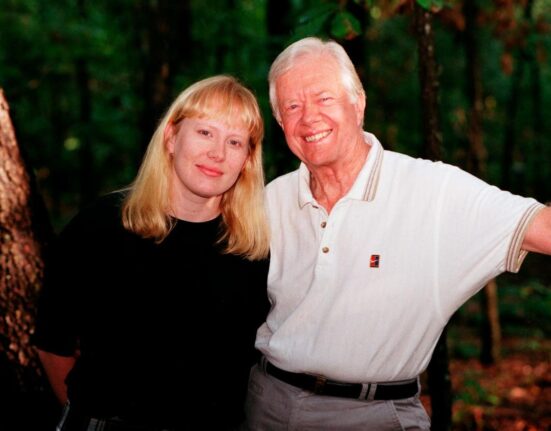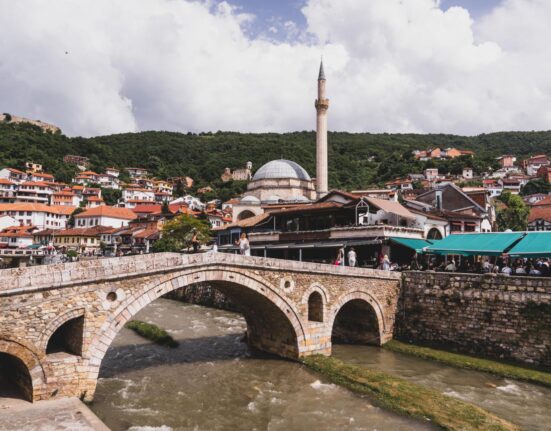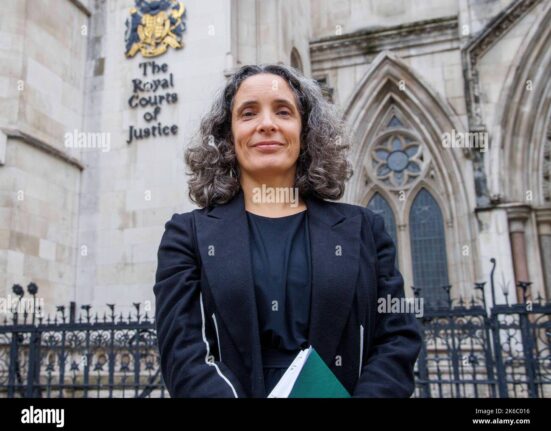In the heart of Eastern Europe, Poland stands as a beacon of tradition and identity. Its recent presidential election has captured the world’s attention, with conservative Karol Nawrocki emerging victorious. This political earthquake has sent shockwaves through the nation and beyond, raising questions about the future of Poland’s domestic policies and international relations.
Karol Nawrocki’s ascent to the presidency marks a significant turning point in Polish politics. Known for his staunch nationalist views and unwavering commitment to traditional values, Nawrocki’s victory signals a shift towards a more conservative leadership. His promises to uphold Polish heritage and protect national sovereignty have resonated deeply with many voters, particularly in rural areas and among older generations.
“Nawrocki’s win reflects a broader trend towards nationalism and populism in Europe, challenging the established order and pushing back against globalization,”
remarked political analyst Anna Kowalski. This rise of nationalist sentiments is not unique to Poland but mirrors a global phenomenon where identity and security are becoming increasingly central to political discourse.
As FRANCE 24’s Gulliver Cragg reports from Warsaw, the aftermath of Nawrocki’s victory is palpable in the streets of the capital. Supporters celebrate with flags waving high, while dissenting voices express concerns about the future direction of the country. The polarization within Polish society is stark, reflecting deeper divisions that Nawrocki’s presidency will need to address.
“Nawrocki’s win is a reflection of the growing discontent with the status quo and a desire for change,”
noted sociologist Jan Nowak. This sentiment underscores a broader societal shift towards redefining national identity and reclaiming sovereignty in an era of rapid globalization and interconnectedness.
The implications of Nawrocki’s presidency extend beyond Poland’s borders, impacting its relationships with neighboring countries and the European Union. As a vocal critic of EU policies and a proponent of a more assertive foreign policy, Nawrocki’s leadership may strain diplomatic ties and reshape regional dynamics.
“Nawrocki’s victory could lead to a reevaluation of Poland’s role in the EU and its stance on key issues such as migration and security,”
observed international relations expert Maria Wozniak. The ripple effects of these shifts in foreign policy could reverberate across Europe, influencing the continent’s geopolitical landscape.
In the midst of these seismic changes, Poland stands at a crossroads, balancing tradition with modernity, nationalism with globalization. The outcome of Nawrocki’s presidency will not only shape the country’s trajectory but also serve as a litmus test for the future of European politics.
As the world watches Poland’s unfolding narrative, one thing remains certain – the echoes of this election will resound far beyond its borders, shaping the contours of a new political era. In a time of uncertainty and upheaval, the choices made by leaders like Karol Nawrocki will define the path forward for nations grappling with complex challenges and competing visions of the future.








Leave feedback about this